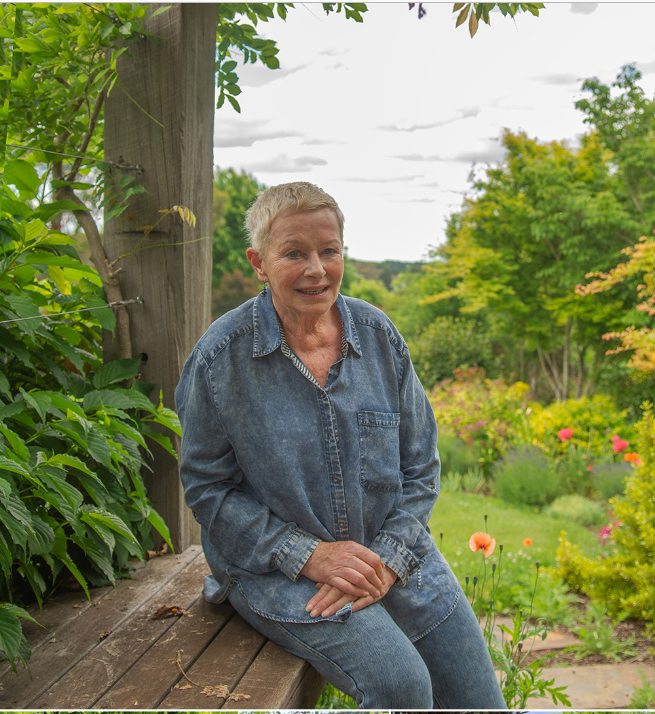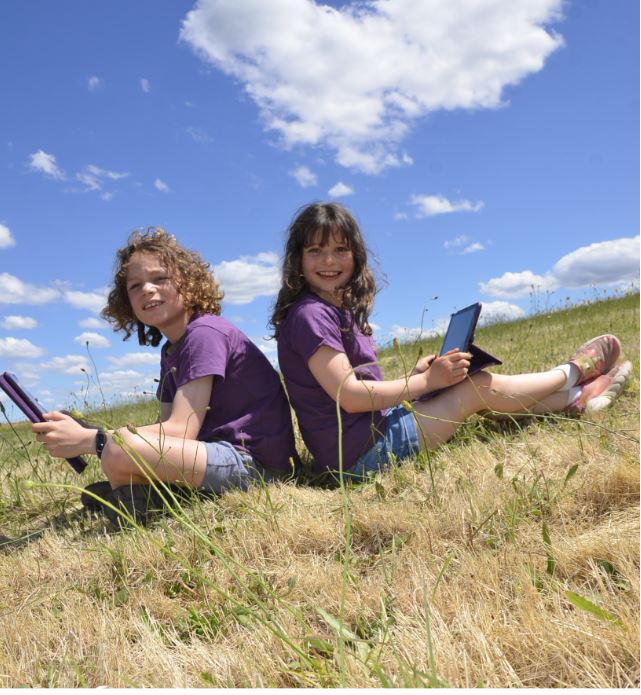January 17th, 2021Rewiring neural pathways part of healthy ageing
But taking those all important steps is the key. Once you do so it becomes clear that the mind, like truth, is actually malleable and in many cases it takes surprisingly little to rewire those neural pathways. For some people that realisation may have come about through learning new job skills. For others via a refusal to accept that acquiring and storing fresh knowledge is only for the young.
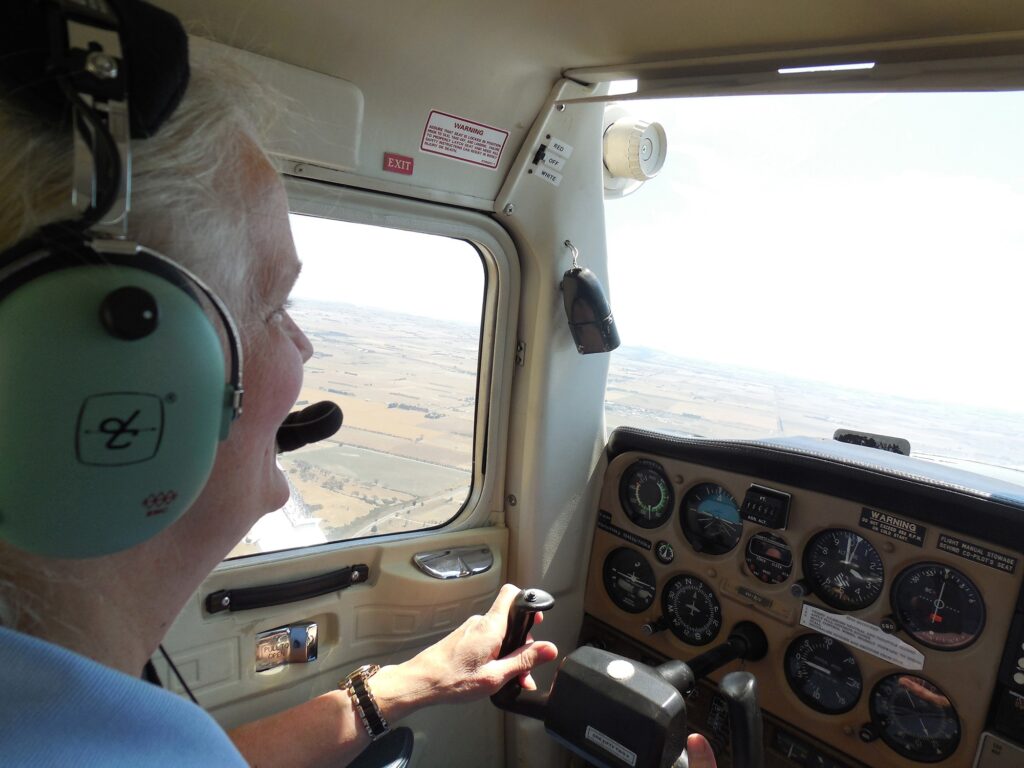
This is certainly the case for Eganstown’s Margaret Frederick. Margaret, 65, is a retired physiotherapist and during her working career she was mostly involved in aged care. It made her very aware of what can happen to people’s minds as they age and the steps that can easily be taken earlier on to mitigate decline. Combine this with a lifelong love of learning, and you have someone who is keen to step up to new challenges whereever possible
“The film Bucket List made a very big impression on me,” she says. “Don’t muck around, you don’t know how long you’ve got. The principal thing is I have always loved learning and I love challenges rather than everything being easy.”
Perhaps the most significant new endeavour out of many for Margaret was learning to fly a light aircraft at 59 years of age.
“My eldest daughter was a commercial pilot and I decided I would really like to understand what she was doing so I took some lessons. I was doing really quite well and probably my proudest moment was when I was able to hold a 360-degree turn at perfect level. I did enjoy what I did and I loved that marrying of theory and practice.”
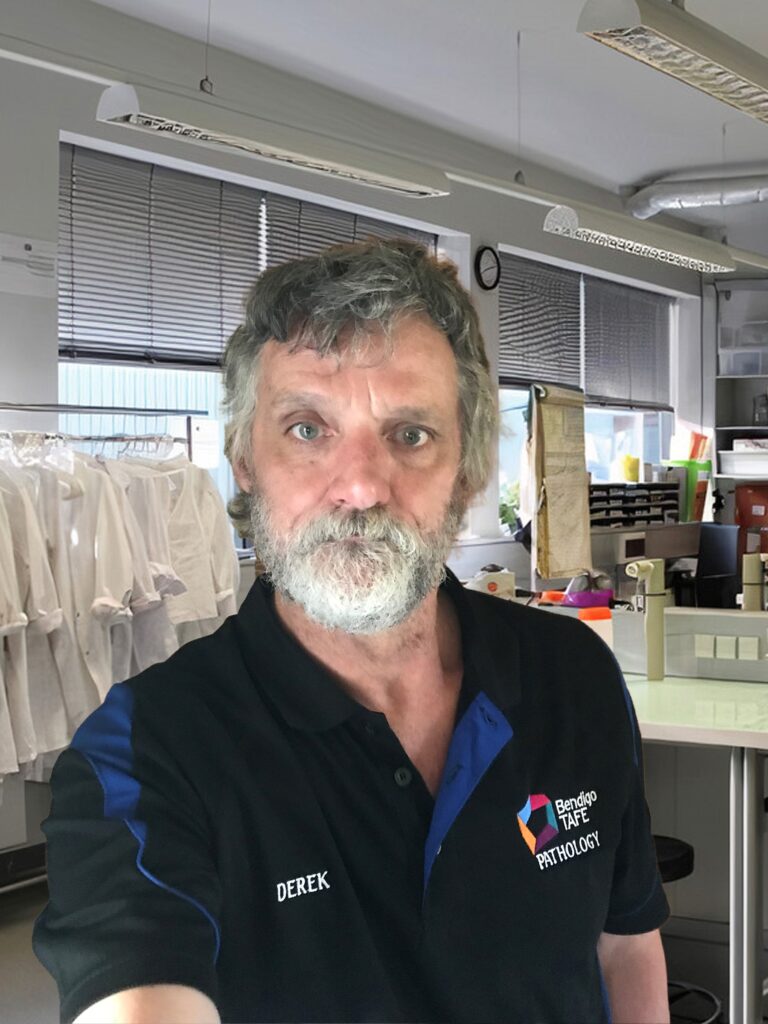
For Derek Raffin, his entry into a new area of learning was a career pivot brought about by COVID. His early working career was as a chef and most recently he was working doing admin at the Creswick Neighbourhood Centre before being made redundant last March. But now at 56 he has begun a Certificate III Pathology Collection course at Bendigo TAFE.“It is a year-long course. My partner recommended it and I thought I would give it a go and it would be pretty interesting,” says Derek. “But while it’s great to make the step into something new, it hasn’t been easy. There is a lot of theory with an intense learning curve and it has been a challenge learning new things after a long absence. I’m certainly finding the process of remembering information harder than I did when I was younger and I have had to come up with new ways of remembering things.”
Another way for people to expand their horizons and keep mentally fit is to join a community group such as the University of the Third Age. U3A is an international movement whose aims are the education and stimulation of mainly retired members of the community; those in their third age of life. The group has chapters locally in Kyneton, Creswick and Daylesford.
The Daylesford chapter, known as Hepburn Shire U3A, was established in 2000 and in a typical year hosts courses and activities ranging from bushwalking and Tai Chi through to academic courses such as philosophy and indigenous studies. All of which provides important mental stimulation and social connectivity for its 260 members.
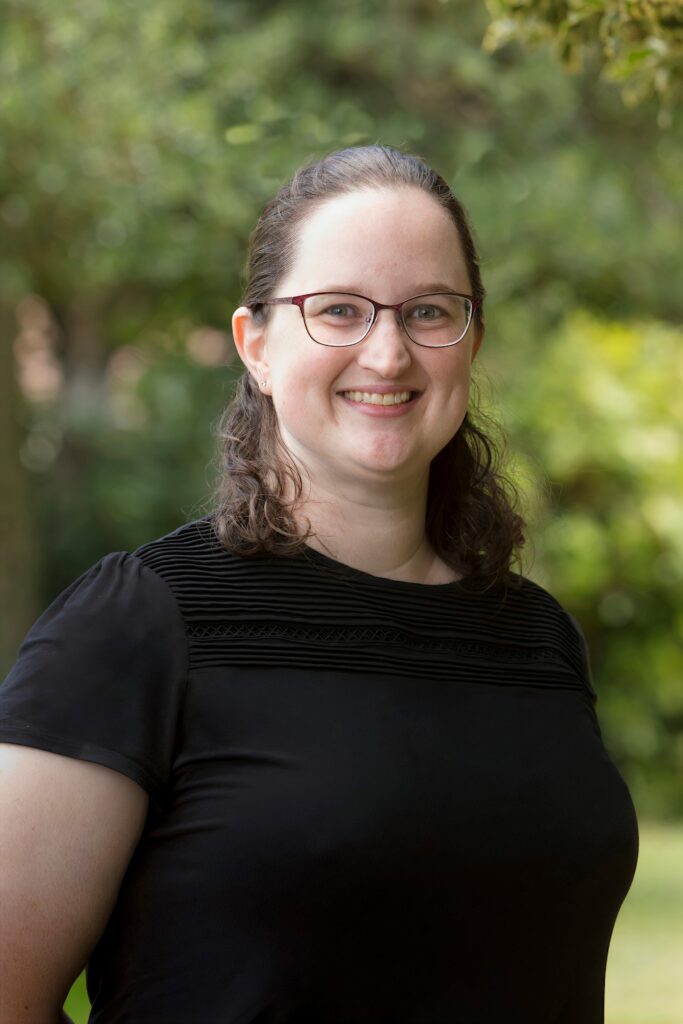
And as we get older these two areas of engagement are a vital component of addressing cognitive decline, as Springs Medical GP Dr Danielle Robinson explains.
“We know from the medical scientific evidence that learning new things can prevent or slow the progression to dementia so that’s why keeping socially active is important. That can be achieved by doing something different (for instance, learning a language or a new physical activity such as dancing or a new sport) along with a healthy diet and smoking cessation. Basically, I tell people what’s healthy for your heart is also healthy for your brain. I also like that this community encourages the input of older people and they are involved. I think that is very important.”
Words: Tony Sawrey | Images: Contributed







